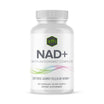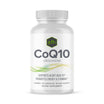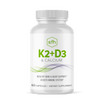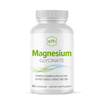Creatine and Your Brain - What's The Relationship?
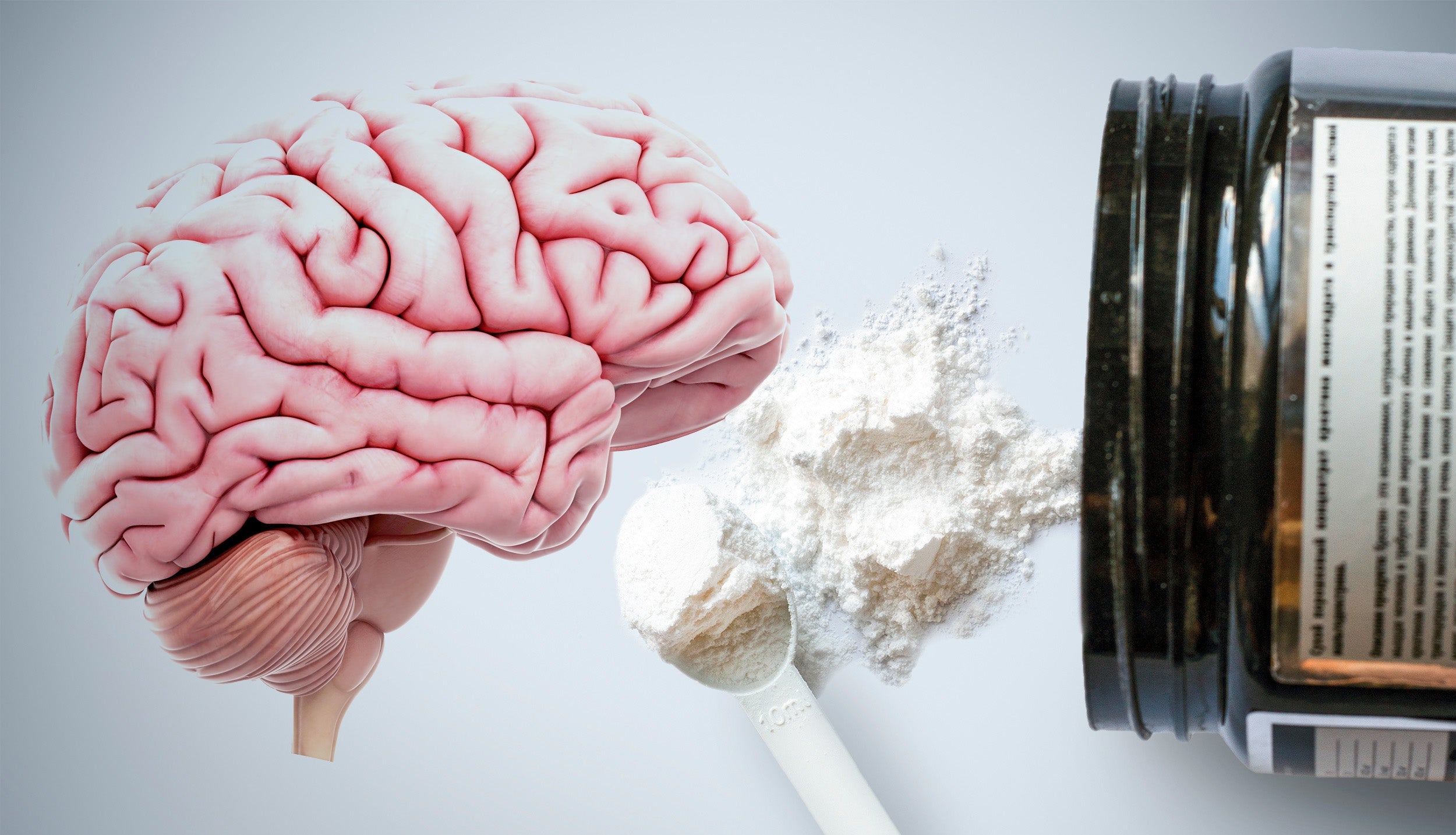

Erica Digap - July 27, 2023
Your Brain and Creatine:
What’s The Relationship?
If you’ve ever looked into building a supplement stack to increase your performance at the gym and yield more impressive results, you’ve probably heard recommendations for creatine time and time again.
Creatine is one of the most popular supplements among fitness buffs of all levels since it plays crucial roles in building muscle and boosting your energy levels. But did you know that creatine also plays a critical role in your most important organ of all: your brain?
Let’s explore the relationship between creatine and brain function, and we’ll tell how you can make sure you’re always providing your brain with the creatine it needs.
What is Creatine?
Creatine is an amino acid-like substance. As anyone who works out knows, amino acids are important because they form protein, which then builds muscle tissue. Creatine has a slightly different but nonetheless important role when it comes to working out. The vast majority of creatine is stored in your muscles in a form called phosphocreatine. Your body then uses phosphocreatine to generate adenosine triphosphate (ATP for short).
To put this super simply: creatine is used to make energy!
As a result, creatine and creatine supplements are perhaps most popularly known for their workout-boosting properties. Creatine supplements are commonly used as an ergogenic aid to increase athletic performance, especially in high-intensity workouts that require a ton of energy. Some studies have also suggested that creatine supplementation may help play a role in increasing muscle mass.

How your Brain uses Creatine...
Your skeletal muscles aren’t the only system that relies on ATP — your brain cells do as well, and this is where creatine comes into play.
Even though your brain is a relatively small organ compared to the rest of your body, it actually uses about 20% of your body’s total energy consumption! So just as creatine helps generate and maintain energy levels in your muscles, it also plays a similar role in maintaining ATP levels in your brain.
Because of this important connection, your brain relies on a steady source of creatine to function properly. Unfortunately, certain conditions can cause your brain's creatine levels to fall. Some of these are short-term, like sleep deprivation or intense exercises. However, other challenges could be longer-term and more serious, like aging, traumatic brain injuries, or cognitive diseases.
Promising Early Discoveries about Creatine and the Brain and Opportunities for Further Research!
There’s still a lot we don’t know about the potential uses of creatine and brain function. However, some promising studies have begun to discover the potential role of creatine in various aspects of brain health.
For example, let’s look at the evidence around traumatic brain injuries and creatine. Because creatine can help your cells generate ATP very quickly and efficiently, there’s some early research that suggests that increasing your brain’s creatine levels may play a role in the recovery and protection of the brain. As a result, many researchers are interested in exploring the potential uses of creatine supplements in patients with traumatic brain injuries.
Creatine levels are also being researched in regard to certain neurodegenerative diseases and conditions like amyotrophic lateral sclerosis (ALS), multiple sclerosis, and Parkinson’s disease. Some studies have even shown early promise that creatine supplementation may play a role in improving cognitive processing (aka brain function) in certain situations where brain creatine levels are low.
While they’re relatively young fields of study, there are plenty of exciting areas to explore around creatine and various aspects of brain health. However, it’s important to note that all of this information, while promising, is still inconclusive. More research ultimately needs to be done to determine what role creatine, and creatine supplementation, may play in treating brain injuries and imbalances.

How to Increase Your Own Creatine levels...
While researchers still have more work to do to understand the exact roles that creatine may play in various areas of brain health, we do know for sure that it’s important for your brain to have a consistent source of creatine.
So how can you make sure that you’re getting enough of it?
Your body naturally makes some creatine on its own. However, you can also fill up with a combination of food and supplements. Creatine is commonly found in animal-based foods like meat, poultry, and dairy.
However, creatine supplementation is also an option. Excitingly, studies have found that creatine supplementation has been linked to subsequent increased creatine levels in the human brain! If you choose to supplement, look for a high-quality creatine supplement like SFH's STRONG which is sourced with only the cleanest, highest quality ingredients for your optimal health.
One More Bonus for You!
Finally, if you want to give your brain even more (literal) food for thought, you might also consider increasing your Omega-3 intake. Omega-3s, a type of healthy fatty acid found in fish oil supplements, have been found to show plenty of promise in protecting brain cells in circumstances like traumatic brain injury in several studies.







